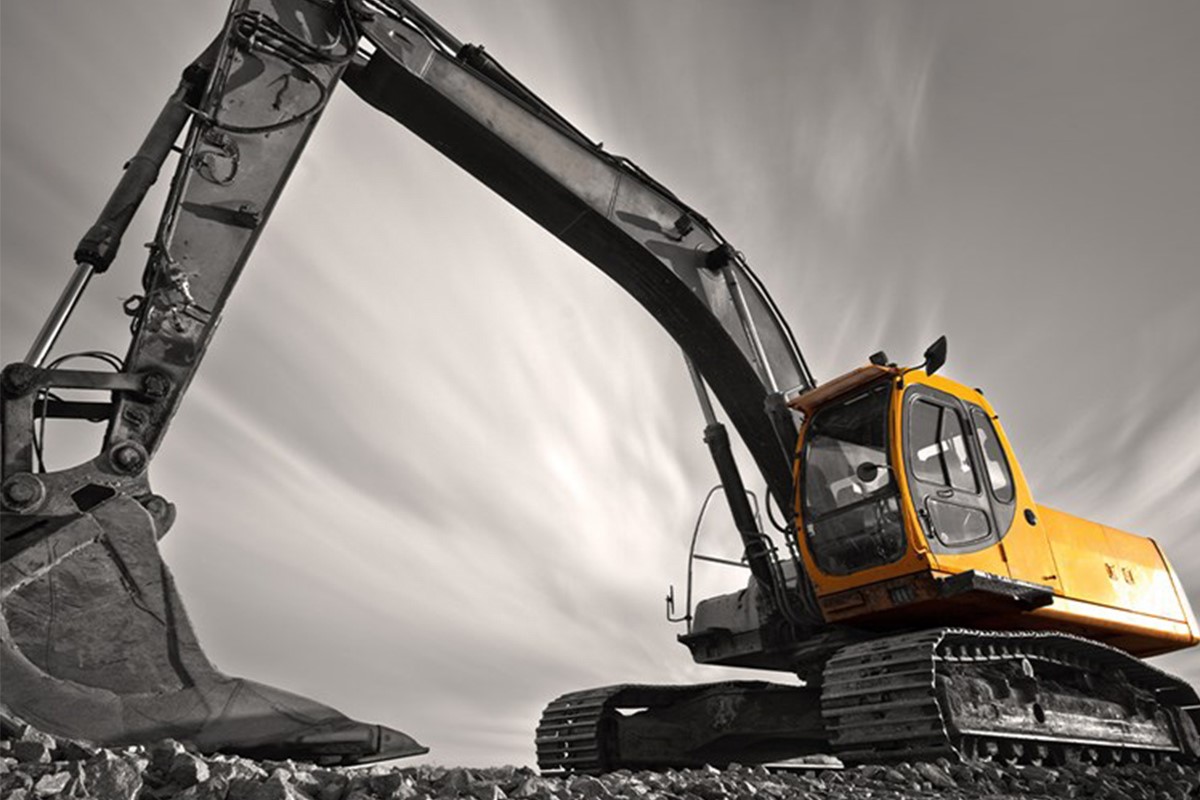Affordable Options: Why Acquire Heavy Machinery?
In the dynamic landscape of construction, managing costs while ensuring access to the latest equipment is crucial for success. Many construction firms are turning to leasing as a viable alternative to buying heavy machinery upfront. Leasing not only mitigates the burden of considerable upfront costs but also permits contractors to access high-quality equipment that may in other circumstances financially unfeasible. By seeking out dependable leasing partners, contractors can unlock a range of benefits, from business flexibility to customized solutions that meet specific project needs.
Nonetheless, the process of selecting the right construction equipment leasing company can be daunting. It's important to consider various factors to find a partner that aligns with your organizational goals. Understanding the nuances of lease agreements, maintenance clauses, and evaluating the overall standing of potential lease providers are vital steps in establishing a successful partnership. By being informed about what to look for in a leasing company, contractors can maneuver through this landscape effectively, making decisions that drive their projects forward while keeping costs in check.

Selecting the Best Lease Partner
Choosing the right construction machinery leasing partner is vital for the success of your undertaking. Start by assessing the standing of potential lease providers. Look for equipment sale leaseback with favorable customer testimonials and a solid track record in the industry. Networking with sector peers can provide information into dependable partners, helping you avoid companies with dubious practices. A respected provider often has clear dealings and values customer happiness.
Then, think about the selection of machinery available by the leasing company. Your task may need specific equipment, and it is crucial to team up with a provider that can provide the equipment you want when you need it. Assess their resources for availability and diversity, as well as their capacity to meet your particular initiative needs. Adaptability in tool options is a key advantage that can boost your operational efficiency.
Lastly, consider the support support provided by the leasing provider. A company that offers responsive support can make a significant difference during your project execution. If you require support with machinery selection, service inquiries, or troubleshooting problems, dependable customer support ensures that you can concentrate on your project goals without extra delays or complications. Selecting a provider that values the importance of strong communication and help is crucial to a satisfactory leasing experience.
Key Considerations for Equipment Leasing
When it comes to considering equipment leasing for your construction projects, it is crucial to assess the specific needs of your operation. Recognizing the kinds of equipment required, the length for which it will be needed, and the scale of your projects will assist in choosing the right leasing partner. Specify your requirements well to ensure that you opt for a company that can provide the necessary equipment in a prompt manner and in good working condition.
One more crucial aspect to inspect is the leasing company's credibility and reliability. Investigate potential partners by seeking out reviews and testimonials from other contractors. A dependable lease company will have a strong track record of offering quality service and support during the lease term. This includes being clear about lease terms, maintenance responsibilities, and any concealed fees that may arise.
In conclusion, take into account the adaptability of the lease agreements offered. Construction projects often face unexpected changes, so it is imperative to find a leasing partner that can adjust to changes in equipment needs or lease duration. A company that provides flexible terms will help you eliminate unnecessary stress and costs, allowing you to focus on the effective execution of your construction projects.
Evaluating Rental Options and Terms
When evaluating renting construction equipment, it is essential to evaluate the conditions of multiple lease options carefully. Begin by examining the duration of the lease, as this can greatly impact your budget and project timeline. Short-term leases may give flexibility but can bring about higher monthly payments, while extended leases often come with lower rates. Be certain you understand any terms related to extension or buyout options, as these can affect your long-term investment in the equipment.
Another critical aspect to consider is the overall cost of the lease, which consists of more than just the monthly payments. Be on the lookout for additional fees, such as maintenance costs, insurance, or penalties for early termination. A transparent lease agreement should detail all potential costs upfront. Being mindful of hidden fees can aid you avoid unexpected expenses that could derail your project budget.
Ultimately, reflect on the flexibility of the lease terms, which can be vital during the dynamic phases of a construction project. Determine if the lease allows for adjustments in the quantity or type of equipment based on your project's specifications. A lease that offers the option to enhance or swap equipment can be extremely helpful, especially if your workload changes or if you encounter surprise challenges that require different equipment. Prioritize finding a lease partner that meets your needs throughout the project duration.